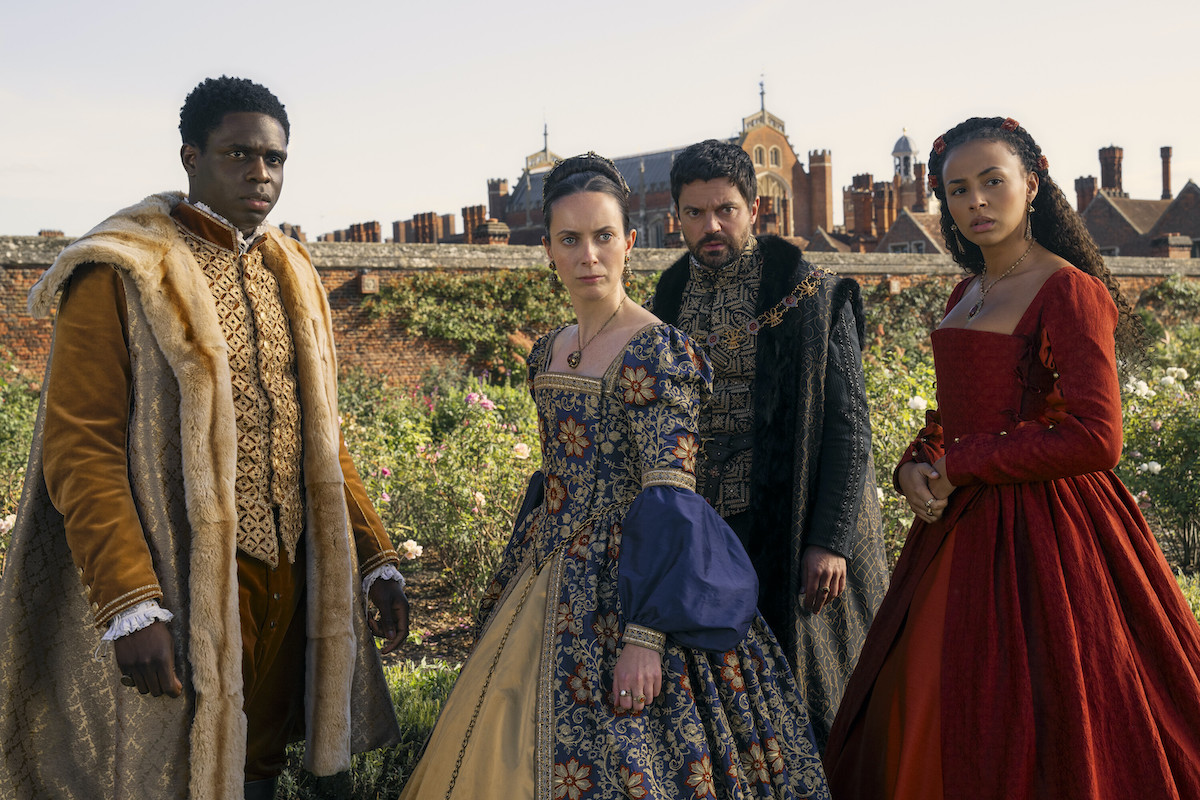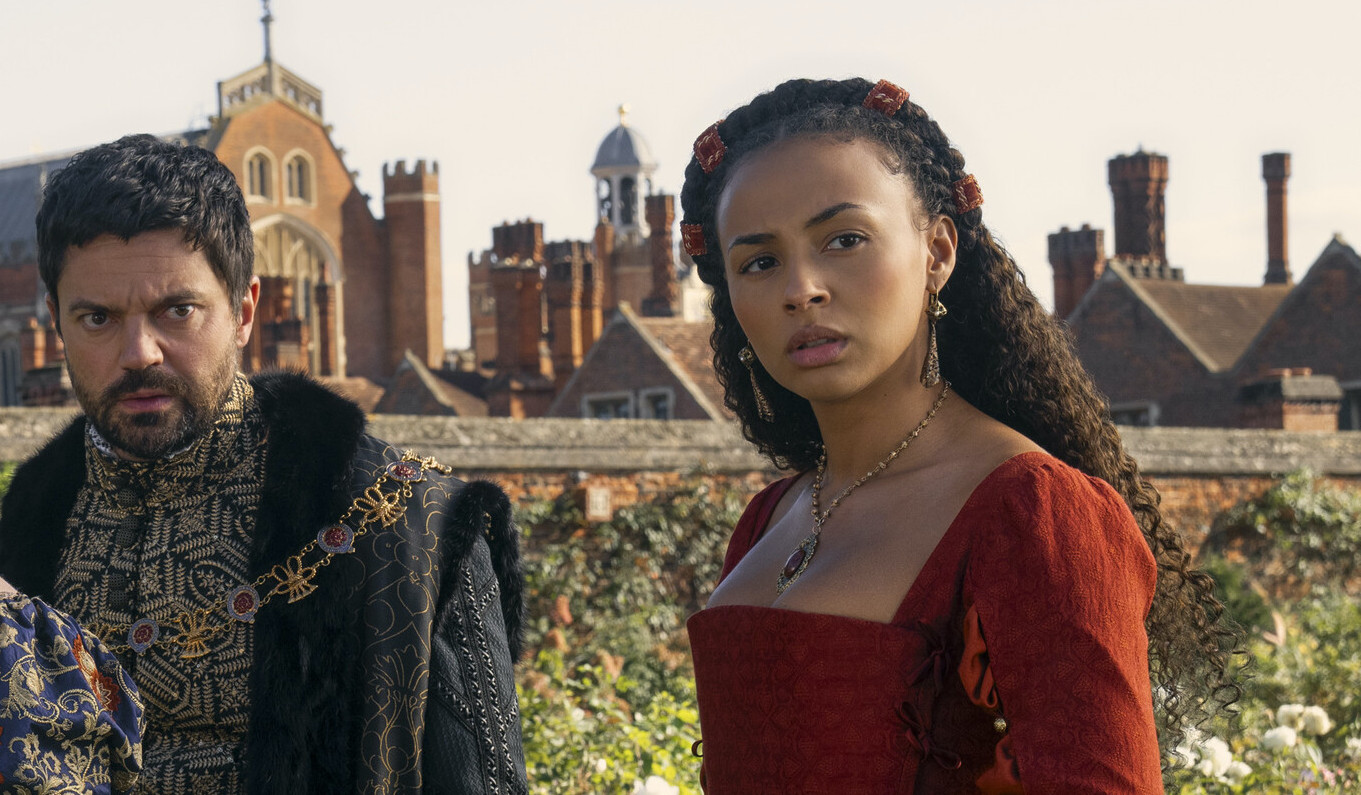There are several figures throughout history who have left an indelible impact on the course of their country’s events, but there are very few who had the same impact as Anne Boleyn. Considered one of the more controversial figures of the Tudor era, her tragic death eventually led her to become a venerated figure who was seen as the harbinger of a massive change in the English monarchy and its relationship with the Catholic Church. In fact, it was to marry her that Henry VIII decided to break ties with the Pope and took control of the Church of England. But Prime Video’s ‘My Lady Jane’ doesn’t go into all that.
The show is focused on the story of another tragic figure, Lady Jane Grey, and in rewriting her history and trying to give her a happy ending, it brings several new elements to the story, some of which are supernatural in nature. This change in the narrative ropes in other historical figures, and Anne Boleyn is one of them. SPOILERS AHEAD
The Reason Behind Anne Boleyn’s Execution is Changed in My Lady Jane
In real life, Anne Boleyn was tried on the grounds of adultery, among other things. While she was found guilty and was beheaded for it, historians have found the charges and the conviction rather unconvincing. Several reasons have been given as to why she was killed, with most of them revolving around Henry VIII’s desire to take another wife. It is this uncertainty that ‘My Lady Jane’ plays upon and presents a new explanation of the events.

In the Prime Video series, the biggest problem plaguing English society is the existence of Ethians. They are humans with the ability to shape-shift into animals, and the supernatural nature of their existence has turned the normies, aka the Verities, against them. The hatred has been so deeply embedded in the hearts of the Verity folk that the administration has resorted to banishing the Ethians from the kingdom, leaving them to fend for themselves and forcing them to take to the life of crime that the Verity accuse them of. This hatred is much more deep-seated within the court, where several Lords and Ladies push for the laws that basically call for eradicating Ethians.
Within this context, the queen being arrested and executed swiftly makes much more sense than what happened in real life. According to the show, Anne Boleyn was an Ethian as well. She tried to hide her nature but was eventually caught, for which the king and the council decided to give her the harshest punishment possible: death. She was publicly beheaded because the administration wanted to make an example out of her, showing the Ethians that should they try to claw their way into royalty, they would have to face severe consequences.
Anne Boleyn’s Fate Impacts Her Daughter’s Future
In real life, the accusations levied on Anne Boleyn also haunted her daughter, Elizabeth, who eventually sat on the throne. The daughter of an adulteress, young Elizabeth, who was considered illegitimate during the reign of her father and her half-brother, Edward VI, faced similar accusing eyes of the court. Knowing the fate of her mother, she had to tread very carefully because she knew that one misstep could lead her down a path that would leave her without a head on her shoulders. For a young and vulnerable teen with royal blood, things were not as easy, but Elizabeth kept her wits about herself and protected herself.
We see the same thing happen in ‘My Lady Jane.’ Knowing what happened to her mother for being Ethian, Elizabeth decides to keep her head down and not indulge too much in the politics of the place, lest she is drawn into it and lose her own life in the process. Her mother, being an Ethian, also has resounding repercussions on her arc in the show, the most important twist of which is revealed in the final episode, which puts a lot of things into perspective. Thus, the show makes good use of the points provided by history to create its own narrative for the series, and Anne Boleyn, being an Ethian, plays rather well into it.
Read More: My Lady Jane: Was King Edward VI Black?


You must be logged in to post a comment.